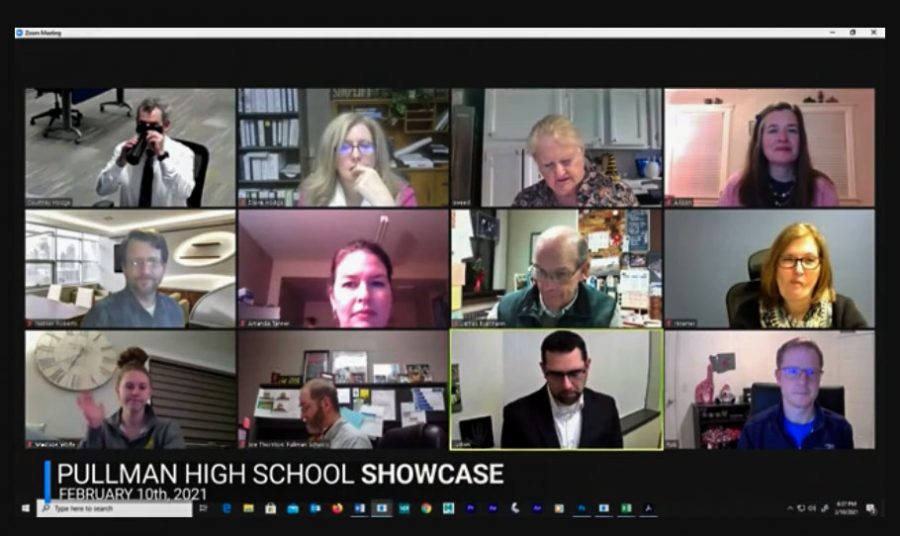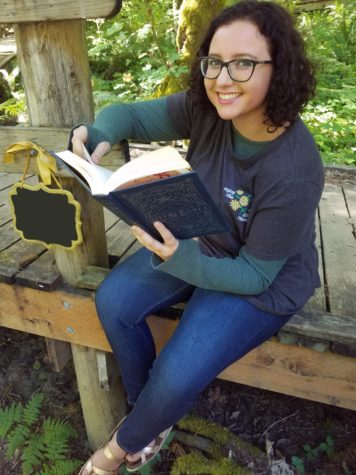School board discusses sexual health education, student pods
Beginning in 2022, curriculum for K-3 students will cover social and emotional learning; pods introduced Jan. 4, 2020
Students will receive comprehensive sexual health education at least twice during both their middle school and high school careers.
February 12, 2021
Roberta Kramer, assistant superintendent of Pullman Public Schools, gave an update about current and upcoming sexual health education requirements during a school board meeting Wednesday.
Kramer said she waited until Washington Referendum 90 was passed to discuss changes to sexual health education curriculum.
Beginning in 2022, K-3 students will learn about social and emotional learning. The curriculum for students in fourth and fifth grade will include information about affirming consent and bystander training, she said.
“It’s a lot about touch and what is appropriate touch, and about how no means no,” Kramer said.
Students will receive comprehensive sexual health education at least twice during both their middle school and high school careers, she said.
“Frankly, I think that they will get [sexual health education] more than twice between ninth and twelfth,” Kramer said. “I would anticipate that it’s likely that kids would get it three or four times, and I think that’s healthy.”
Kramer said parents and guardians will be informed when instruction occurs. Schools are required to make all instructional materials available for parents to review. Parents have the option to opt their children out, Kramer said.
“At middle school, we have a few parents a year opt out of [sexual health education],” she said. “At the high school, I think we said no one has.”
The board also discussed pods, which are small groups of students that meet two to three times per week. The pods allow for in-person learning to occur. Pods were introduced to the curriculum Jan. 4, 2020, said Juston Pollestad, Pullman High School principal.
“The success that we’ve had with the pods and bringing students in is really going to help us transition in March when we kind of bring everybody back in,” he said.
The pods have allowed for students in plant and veterinary sciences to have hands-on experiences in their field of interest, said Robert Matthews, PHS agricultural science teacher.
Matthews said plant science students in 10th and 11th grade meet three times a week.
“So far we’ve planted 1,200 plants and we intend to do about 5,500 more,” he said.
Veterinary science students meet twice a week. Each student has their own lab station 6 feet apart. The students have been learning medicine safety, including how to administer medicine, Matthews said.










